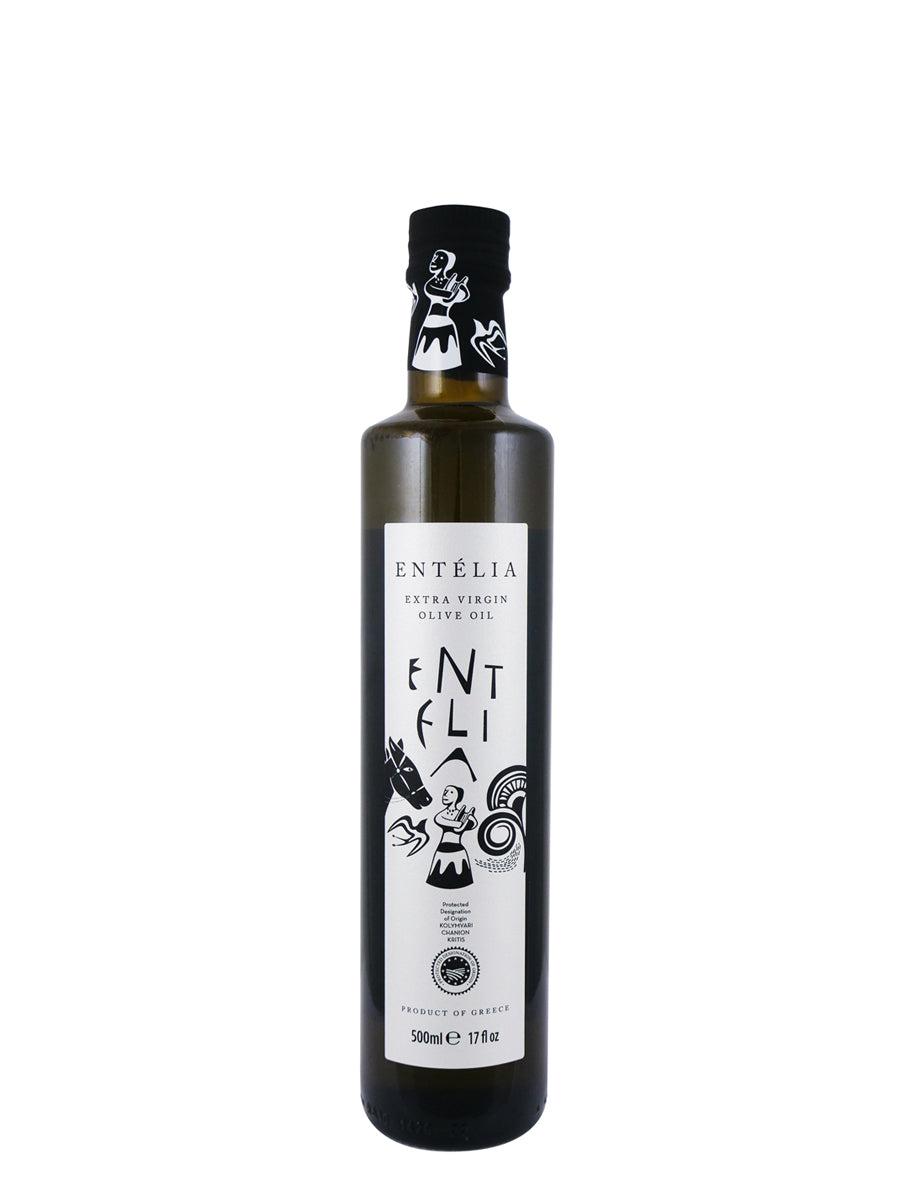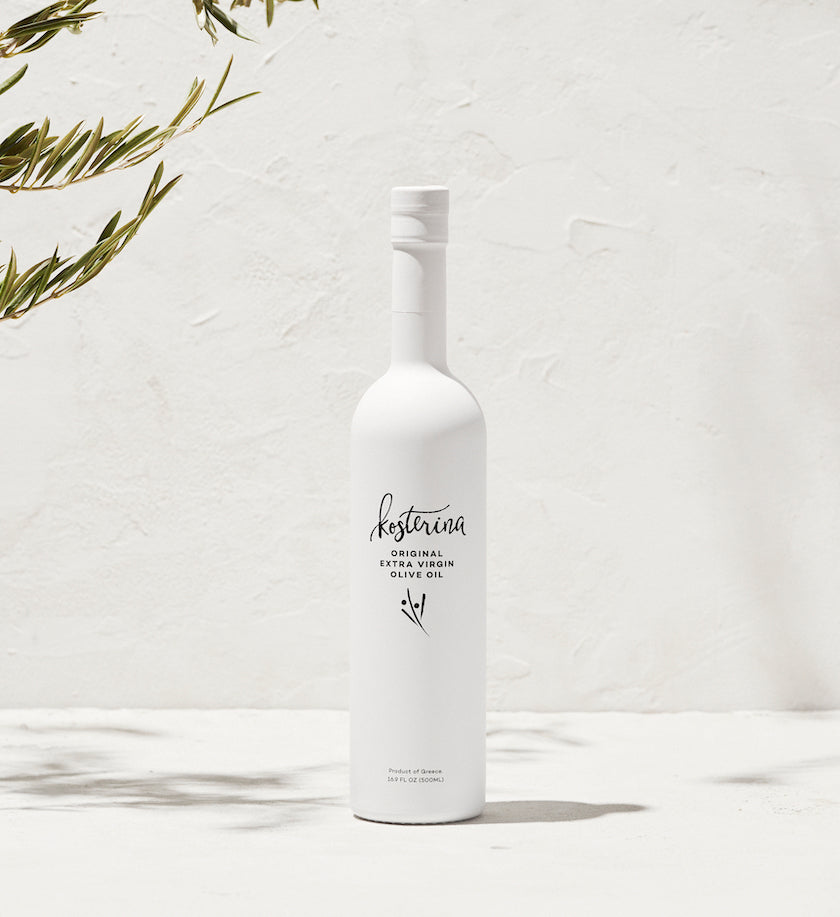Extra Virgin Olive Oil Benefits: A Powerful Antioxidant for Your Body
Extra Virgin Olive Oil Benefits: A Powerful Antioxidant for Your Body
Blog Article
Checking Out the Different Kinds Of Olive Oil and Their Uses, Including Extra Virgin Olive Oil
The expedition of olive oil incorporates a diverse range of kinds, each offering cooking applications and distinctive tastes. Additional virgin olive oil, renowned for its premium quality and wellness benefits, acts as a staple in several cooking areas, yet it is just one aspect of this diverse component. extra virgin olive oil benefits. Other ranges, such as pure and refined olive oils, also call for interest for their one-of-a-kind properties and usages. Comprehending these differences can significantly affect both cooking strategies and flavor profiles. What, after that, should one think about when choosing the best olive oil for a particular cooking undertaking?
What Is Olive Oil?
Originated from the fruit of the olive tree, olive oil is a staple in Mediterranean cuisine and a key active ingredient in numerous cooking applications. This versatile oil is generated by pushing entire olives, leading to a fluid that differs in fragrance, flavor, and shade relying on the sort of olives used, the region of growing, and the removal process. Olive oil is predominantly composed of monounsaturated fats, particularly oleic acid, which is understood for its prospective health and wellness advantages, including anti-inflammatory homes and cardiovascular support.
Along with its cooking usages, olive oil has a long background of application in standard medication and skin care, owing to its rich antioxidant material (extra virgin olive oil benefits). The oil is typically used in dressings, marinates, and for cooking methods such as sautéing and roasting. Its distinctive flavor profile can improve the taste of numerous dishes, making it a necessary ingredient for both home cooks and specialist chefs
In addition, olive oil is celebrated for its duty in the Mediterranean diet, which is related to various wellness advantages. As recognition of these advantages grows, olive oil remains to obtain popularity worldwide as an essential part of a healthy and balanced way of life.
Sorts Of Olive Oil
Comprehending the different kinds of olive oil is vital for both culinary enthusiasts and health-conscious consumers. Olive oil is categorized mainly based upon its removal technique and quality, which dramatically impacts its flavor, health and wellness, and aroma advantages.

Light olive oil, regardless of its name, describes a lighter taste and not lower calories. It is excellent for those seeking a much more subtle taste in dressings and marinades. Additionally, there are flavorful olive oils instilled with natural herbs, seasonings, or citrus, which can improve meals without the requirement for additional flavoring.
Each sort of olive oil offers specific cooking objectives, and understanding these distinctions permits consumers to make informed selections that line up with their cooking designs and wellness goals.
Additional Virgin Olive Oil
Bonus virgin olive oil (EVOO) is commonly considered as the best quality olive oil offered, renowned for its rich taste and many wellness benefits. To be categorized as additional virgin, the oil needs to be created from fresh olives using mechanical processes, without making use of solvents or extreme warm. This thorough method protects the oil's all-natural tastes, anti-oxidants, and healthy fats, causing an item with a reduced acidity degree of much less than 0.8%.
EVOO is bountiful in monounsaturated fats, especially oleic acid, which is linked to lowered swelling and enhanced heart health. It additionally includes polyphenols, effective anti-oxidants that may offer protective impacts versus persistent conditions. The flavor profile of EVOO can vary over here dramatically depending upon the olive selection and area of manufacturing, varying from fruity and grassy to robust and sharp.

Culinary Use Olive Oil

In food preparation, olive oil can be made use of for sautéing, roasting, and grilling, supplying a much healthier option to butter or other fats. Its high smoke factor makes it ideal for numerous cooking methods, while its anti-oxidants add to a heart-healthy diet regimen. Sprinkling olive oil over completed dishes, such as pasta, fish, or grilled vegetables, can elevate tastes and include a touch of elegance.
In addition, olive oil plays a considerable function in baking, where it can replace standard fats in recipes for bread and pastries, giving dampness and a subtle taste. It additionally offers as a base for instilled oils, allowing chefs to try out flavors such as garlic, herbs, or chili, further increasing its cooking potential. In general, olive oil's adaptability makes it important in both home and professional cooking areas.
Choosing High Quality Olive Oil
When selecting top quality olive oil, it's essential to think about a number of crucial aspects that influence the product's health, flavor, and aroma advantages. Firstly, select added virgin olive oil (EVOO), which is obtained from the initial cold pressing of olives and consists of the highest degree of antioxidants and advantageous substances. Search for oils that are licensed by acknowledged organizations, as this usually ensures adherence to rigorous quality standards.
The product packaging likewise plays a considerable role in protecting the oil's honesty. Choose oils kept in dark glass containers or tins to secure versus light degradation. Pay focus to the harvest date; fresher oils offer remarkable flavor and dietary worth, so choose items that are within 18 months of their harvest.
Additionally, consider the origin of the oil. High-quality olive oils commonly originate from details regions known for their distinct flavor accounts, such as Italian, Spanish, or Greek oils. Ultimately, recognize the preference; a top quality olive oil must have an equilibrium of fruity, bitter, and peppery notes, indicating its splendor and Look At This intricacy. By assessing this article these variables, you can ensure you are choosing the most effective olive oil for your cooking needs.
Conclusion
In recap, the expedition of numerous types of olive oil discloses unique qualities and applications, with added virgin olive oil representing the pinnacle of quality due to its low level of acidity and high antioxidant material. Recognizing the different selections of olive oil permits for educated selections in cooking approaches, advertising healthier techniques while enhancing the overall gastronomic experience.
Acquired from the fruit of the olive tree, olive oil is a staple in Mediterranean food and a crucial active ingredient in numerous cooking applications.The most common kinds of olive oil include refined olive oil, pure olive oil, and light olive oil.Additional virgin olive oil (EVOO) is widely regarded as the highest possible top quality olive oil available, well known for its abundant flavor and numerous wellness advantages. Choose for extra virgin olive oil (EVOO), which is derived from the initial chilly pushing of olives and has the highest possible levels of antioxidants and advantageous compounds.In summary, the expedition of different types of olive oil exposes distinctive features and applications, with added virgin olive oil standing for the peak of high quality due to its low acidity and high antioxidant content.
Report this page